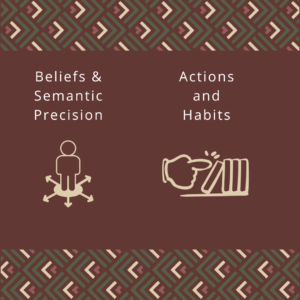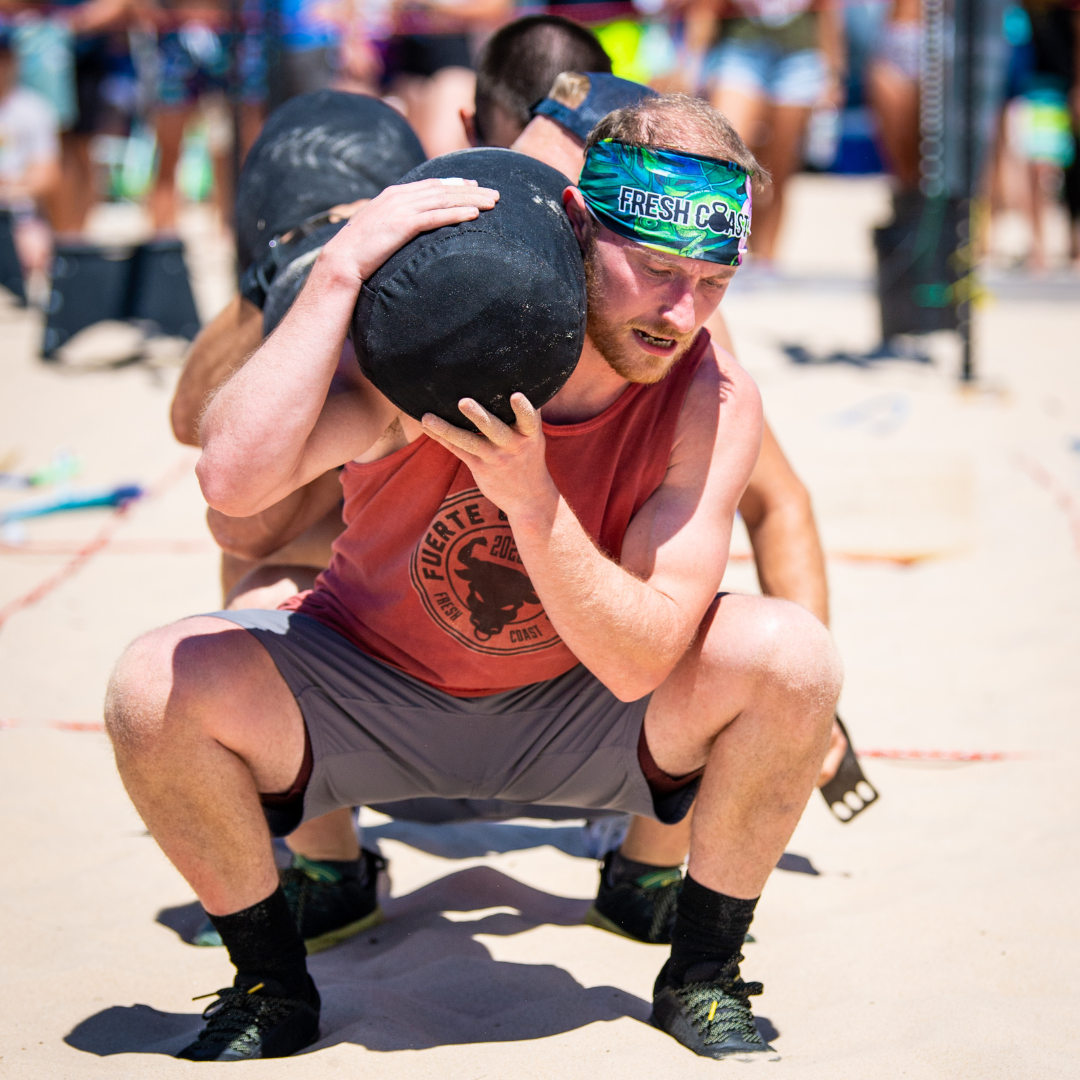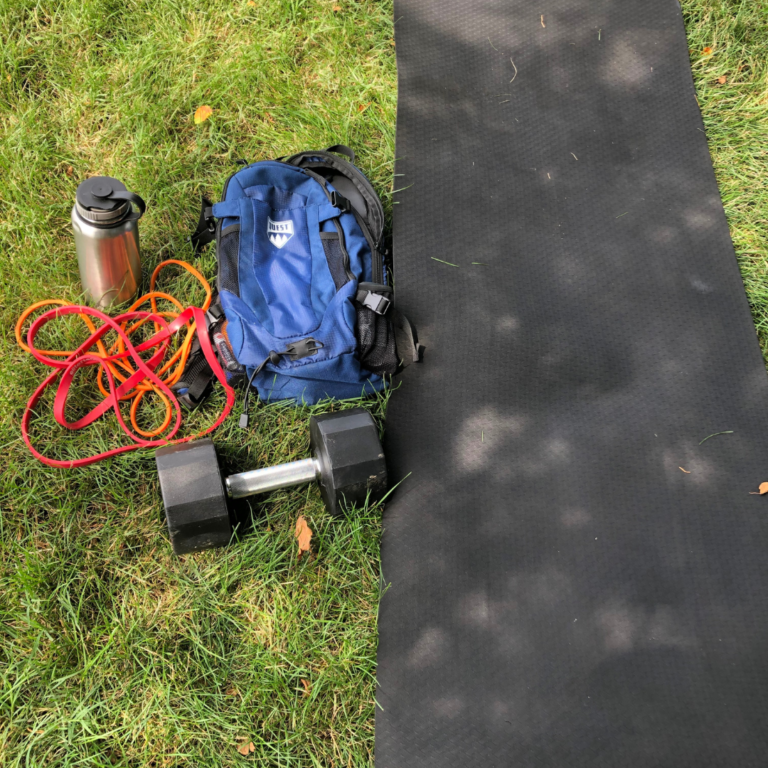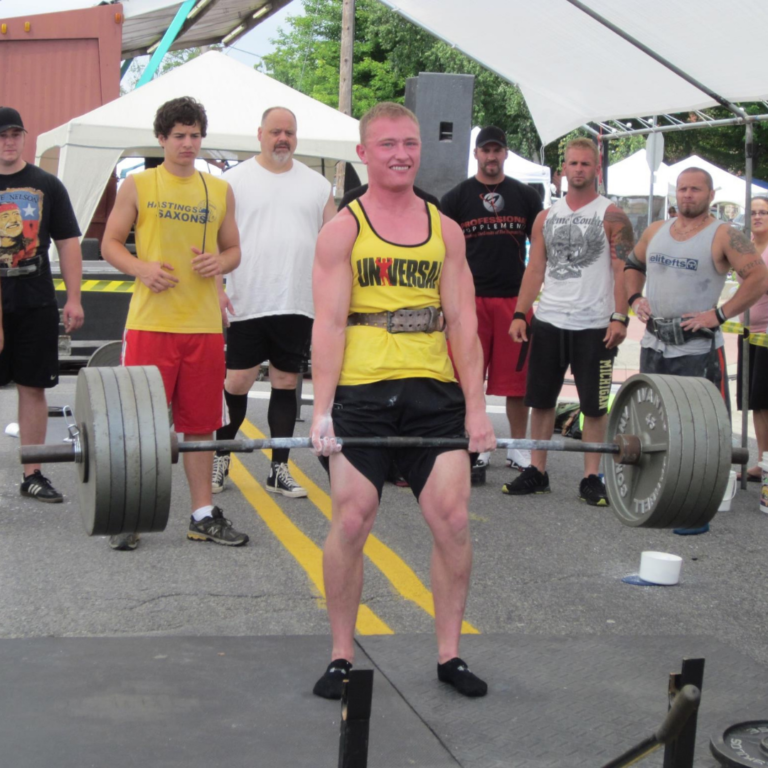'We question all of our beliefs, except for the ones we really believe in, and those we never think to question.”—Orson Scott Card
Humans are incredibly simple, yet unimaginably complex.
On a foundational level we are driven by the same simple things that pretty much every species needs in order to survive. We can think of these things as being true for everyone no matter what (food/water, shelter, safety, community, physiological drive to procreate etc.).
You may have individual preferences about each of these things but we are all influenced by them.
Where things get complex however is we also have these amazing magical brains that are self aware, our own individual personalities, ways of wanting to express, upbringings, cultures, and beliefs.
The reason this is important is because our beliefs and semantic understanding of the self talk in our heads directly influences our lives trajectory and habits. It even impacts the goals we set. The reason why is
a.) Let’s say you decide you need to get abs and have to start hitting the gym hard. If we were to dig deeper on the wanting of abs (versus say feel healthy, athletic, strong, confident, capable etc.) you may find that it’s actually because you’re seeking love and acceptance or believe it will give you a certain status. *To be clear, just wanting to get abs isn’t a bad goal, I’m just saying that if you were to go deeper in the reasoning for this pursuit you might be able to find the lower hanging fruit that will have bigger carry over/results in your day to day life or steer you in the right direction for what you truly desire.
b.) no matter how good of a goal it is, if you don’t believe you can achieve it then you will feel discouraged from even trying or working at it.
–>Side Note: The word Abracadabra is a perfect example of both semantic understanding and beliefs. First is understanding semantics aka having the same understanding/definition of something (ask 10 people what the word ‘fit’ means and you’ll get 10 different answers for example). You might be thinking “Abracadabra is a thing magicians say” and that’s true, but it’s original meaning, ‘Abra’ is the Aramaic equivalent of the Hebrew ‘avra,’ meaning, ‘I will create.’ While ‘cadabra’ is the Aramaic equivalent of the Hebrew ‘kedoobar,’ meaning ‘as was spoken. ‘ Together the phrase means, ‘I will create as I speak’ or ‘I will create as was spoken’. This phrase is perfect for defining beliefs because it essentially means what I say (out loud and in my head) is what I am experiencing or believe to be true about the world or myself.
If we don’t pay attention or take time to self-inquire about our beliefs then our parents, teachers, bosses, friends, or the media you consume will do this for you.
Sometime’s this works in our favor, sometimes it doesn’t. Like Terrance McKenna brilliantly said, “If you don’t have a plan, you become part of someone else’s plan.”
Some examples of the self talk/beliefs I am referring to are things like;
Positive examples:
- -I always find a way
- -I can, I will, I am, type statements
- -where effort goes energy flows
- -There’s always enough time
- -The body is resilient and adapts to anything
Negative examples:
- -Our family isn’t athletic, my genetics are terrible, I’m not cut out for it etc.
- -I can’t, I suck, I’m stupid, type statements
- -I always end up doing this
- -I’m (too) old
- -The (my) body is fragile and weak
–>Side Note: This type of mindset dynamic can be referred to as a Fixed Mindset versus a Growth Mindset. Carol Dweck is a psychologist, researcher, and author that wrote the book Mindset and has a ted talk and lectures on this topic. Both have very fascinating studies and info regarding this stuff. Highly recommend you check it out after this article, linked above!
Time for Change, What You Can Do Going Forward
The first step is to either journal, or contemplate what your beliefs are.
Note: *While this is important for every area of our lives let’s start with fitness & wellness for now.
Once you have a list or a few thoughts on some of your core beliefs it’s time to discard the ones that don’t resonate with you or your goals, and change them into something that does.
The key is to focus on two things,
- Empowering to you. The belief or words you use need to empower you either into action or into believing in yourself and your capabilities.
- Evidence (create or find it) If you have evidence of progress that your efforts are working you’ll stay the course. If you don’t have any evidence yet, search for others that have done the things you want to do or that challenge your belief on something to change your perception of what’s possible. An example is what Crossfit Games Masters 60+ divisions show for what’s athletically possible while aging. On the flip side, there is evidence that others live and have lived long functional lives across the world without “exercising” at all but move lots, have a good community and don’t limit or overindulge themselves too much in diet.
While it’s not an instant fix, simply noticing when we have thoughts that go against the beliefs we want to “install” is the first step. Then we want to actively change the narrative to something empowering and have the evidence to back it up.
After a while the unwanted belief will be quieter and quieter until you don’t even hear it anymore.
Below are some examples of my core beliefs around fitness & wellness, how they’re empowering to me, and the evidence behind them:
– The body is more intelligent than the mind, if we listen the body will tell us what it needs.
- This is empowering because this means that I (/we) do not need to look outside myself for what my body needs. I may need help from someone on specifics or need the knowledge how to apply something but my body will let me know when I need to make a change, focus on something, or seek additional help.
- Evidence of this happens daily. When I’m sitting still for too long my body gets uncomfortable and restless. When I’m thirsty my mouth gets dry and I feel tired. When I’m starting to burnout I will lose interest in things, become short tempered, and start to feel tight in movements that normally feel good and fluid.
If you look/listen there are always signs and things your body is communicating to you. Our job is to listen and not judge what it’s telling us.
– The body doesn’t stop improving or drop off at a certain age. [Obviously we age, but aging is different from getting old.]
- The empowering part of this belief is that no matter what we can improve at whatever we put effort toward. If we think of everything as a skill we are either improving, maintaining, or regressing it.
- Evidence of this belief is in the fact that there are tons of people who build muscle, athleticism, and other various skills into the later years of their lives. *This can be a fun Google rabbit hole to go down. Simply search “oldest person to…” or “80 year old + world records”.
– Use it or lose it
- This is empowering simply by its simplicity and broad reach across pretty much any skill or activity. Do something and you will either improve or maintain it. The only reason this could feel dis-empowering is if we judge reality for what it is. (Remember the mindset stuff above? I can’t, there’s no time, I should be better, versus I can, I will, I am where I am etc.)
- If you practice something you will get better at it. Humans can maintain abilities for a long time even if not used for a while (chances are you can still ride a bike if you haven’t in years) but we will be less comfortable or capable than someone who does regularly. People who golf regularly usually do so into older age, people who learn an instrument typically remember how to play some songs or notes even if they haven’t in a decade, people who get up and down from the floor each day will continue to be able to, no matter their age.
– Occam’s Razor [according to Wikipedia: In philosophy, Occam’s razor is the problem-solving principle that recommends searching for explanations constructed with the smallest possible set of elements. Said another way, if you have two competing ideas to explain the same phenomenon, you should prefer the simpler one.
- The reason why this is empowering to me is because I know that as humans we like to overcomplicate things and that I can get tricked into researching or overthinking things too much leading to more confusion or paralysis by analysis if I’m not careful.
- Evidence of this in the fitness world is people debating if 3 reps of the back squat is better than 5 reps for strength, or if this squat variation is superior to this one for size etc. verses just agreeing that squatting variations are probably important and people should do them in a variety of ways and intensities.
A positive example however, is, let’s say you are debating on going to the gym to squeeze in a workout under a time crunch or to do a home workout and know you’ll have time. The simplest answer is to do the home workout knowing you’ll have enough time (while also knowing the gym will still be there for the next workout).
– I/we could survive by eating bugs and going through garbage if needed. [This one is stolen from Max Shank but is so true and useful to get out of the diet industry’s manipulative marketing strategies around “bad foods”.]
- This is an incredibly empowering shift when it comes to nutrition. Let me explain. Most of us would agree that only consuming something like twinkies for meals isn’t healthy long term. However, if you were on a stranded island that only had an abandoned Twinkies factory you would be incredibly grateful for those life saving calories.
- The human body can survive up to 1-3 months without eating food. That is incredible. A couple days without water and we die, a few minutes without oxygen and we die. But when it comes to food we can go a long time as our bodies are incredibly efficient and resourceful. This knowledge allows me to feel in control and to know if I am actually hungry or am just trying to avoid something, seek pleasure, or am just bored. This also reassures me that if I am out with family or friends and am enjoying something “bad” that in a different context it could be life saving so in reality it’s not so bad.
~~~~~~~~

When it comes to having a functional, vibrant life full of wellness, our beliefs and semantic precision can be thought of as the navigation/steering while our actions and habits are the engine/acceleration. Together it’s what helps “knock over the first domino” that will lead us to our goals and desires.
“Dominos” will fall no matter what because we are alive and that is how life and time work, but your beliefs and habits dictate what ones you’re pushing against.
The best part though is you are in control and can always make a choice to change.
To Your Success,
-Josh



